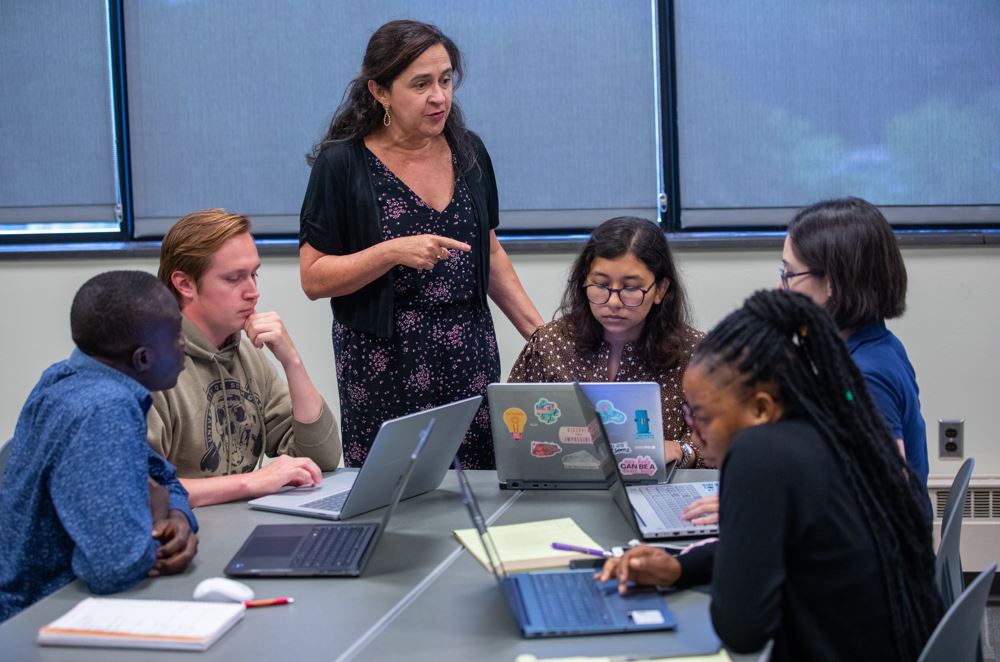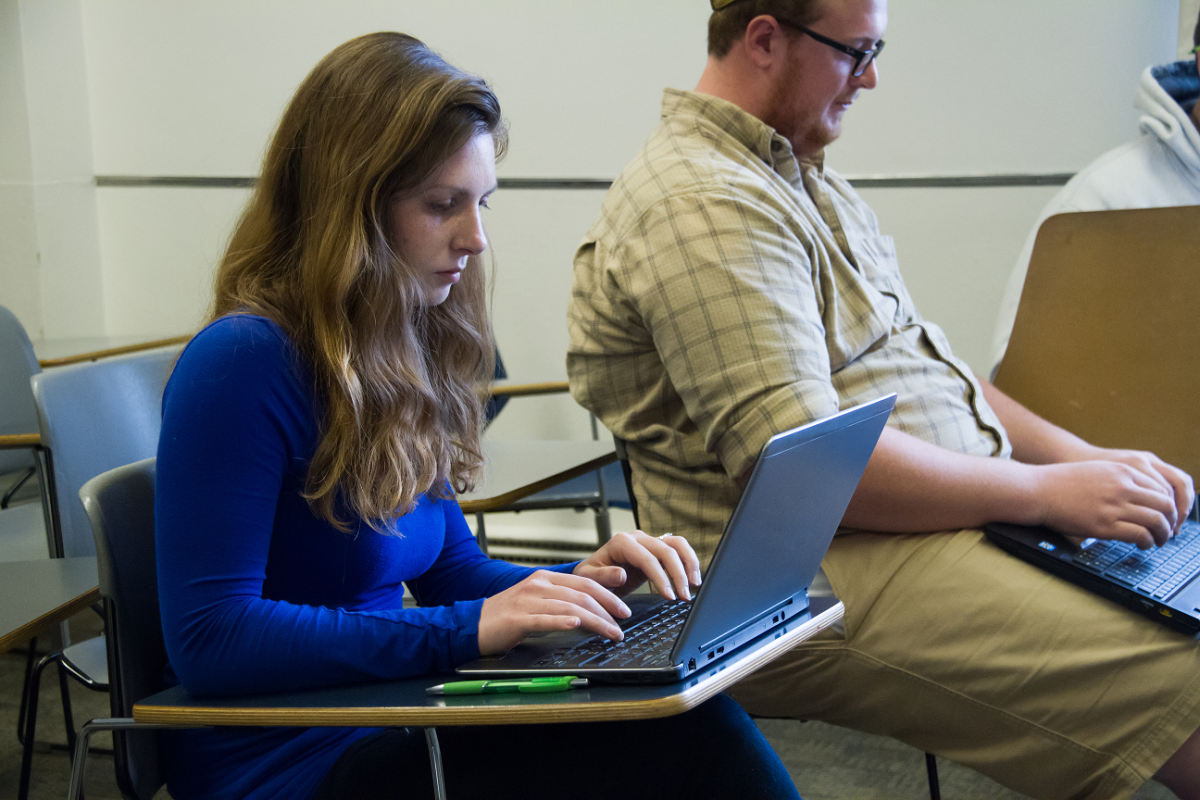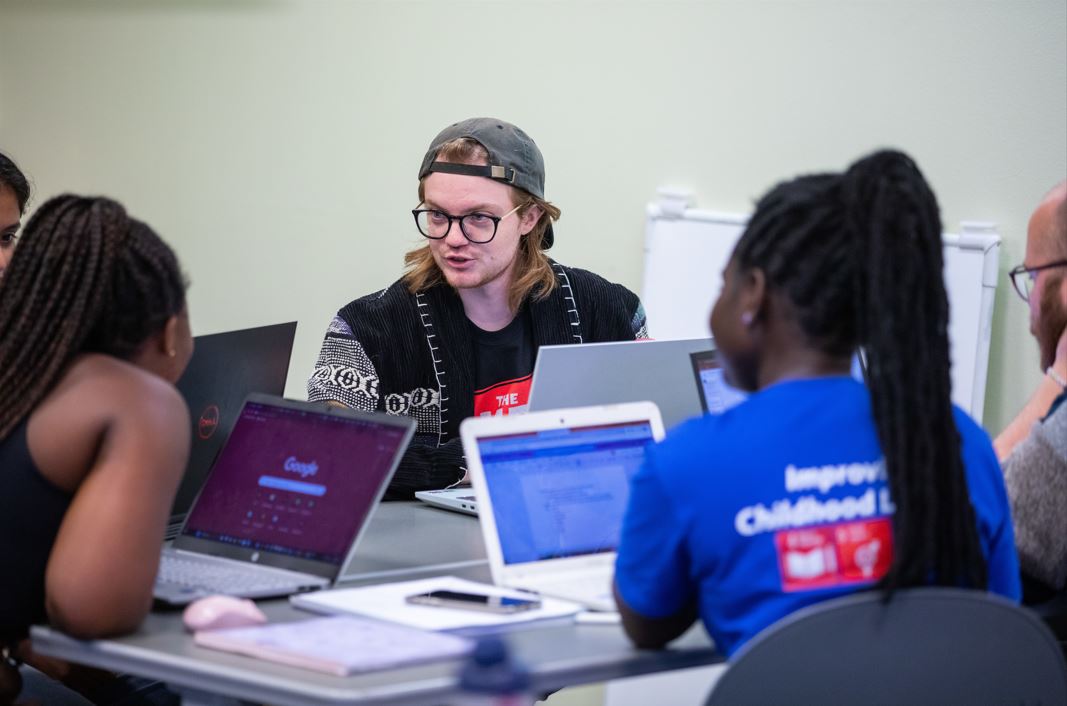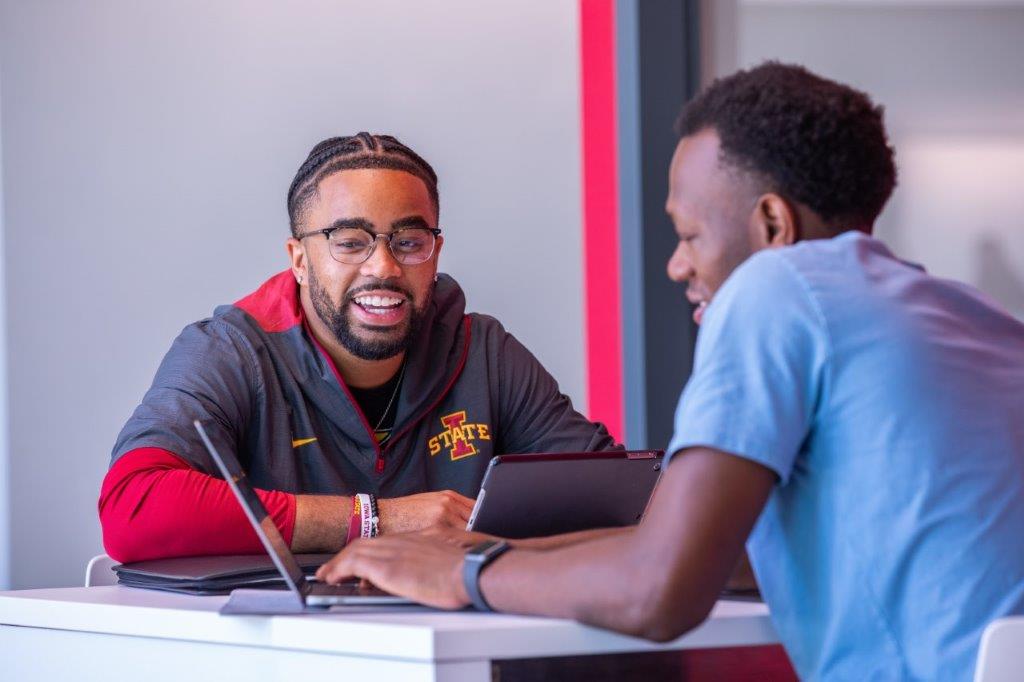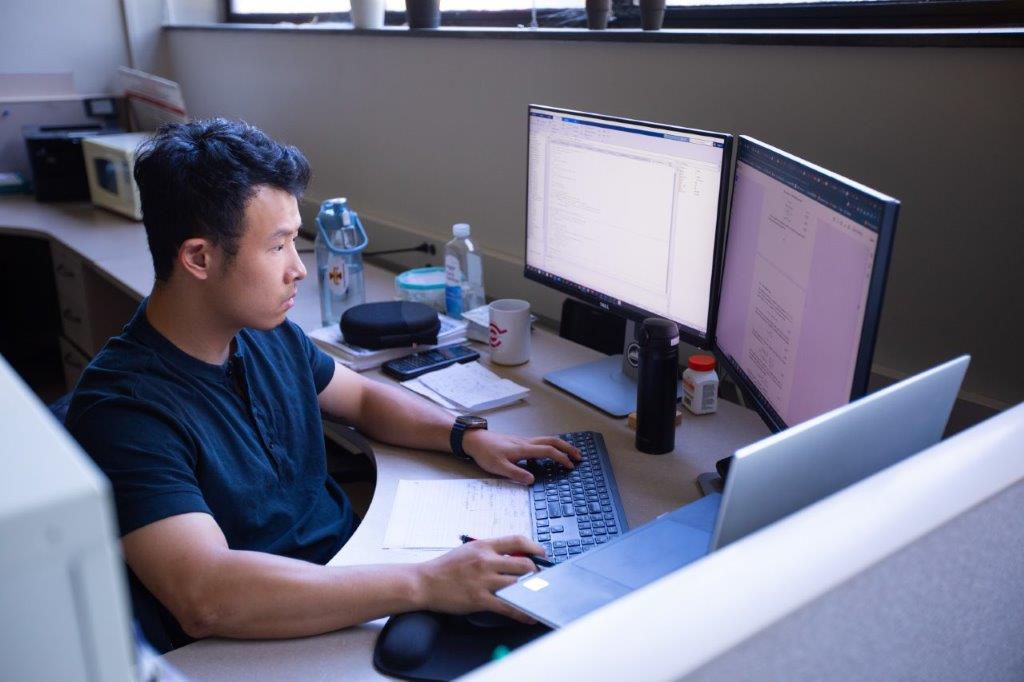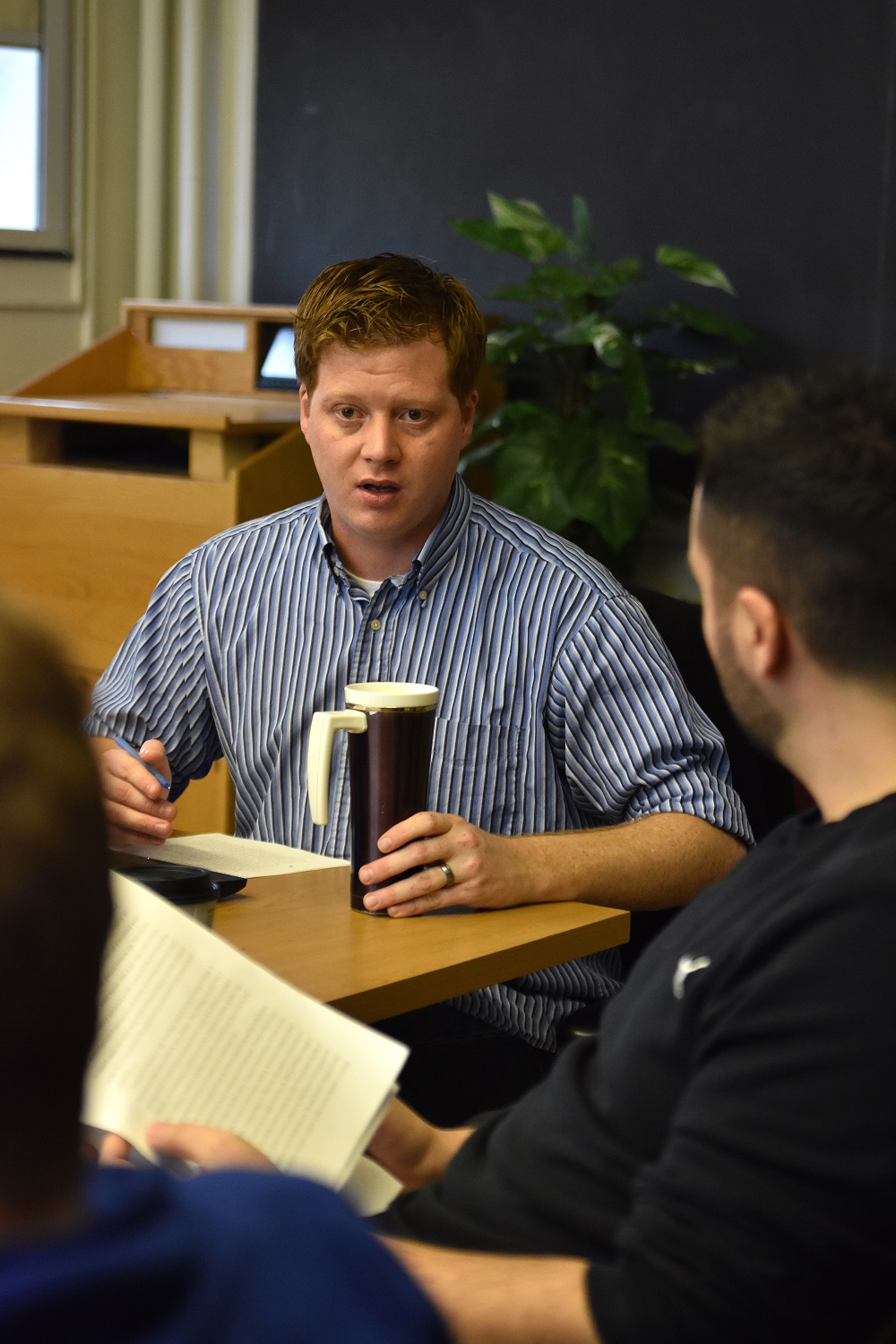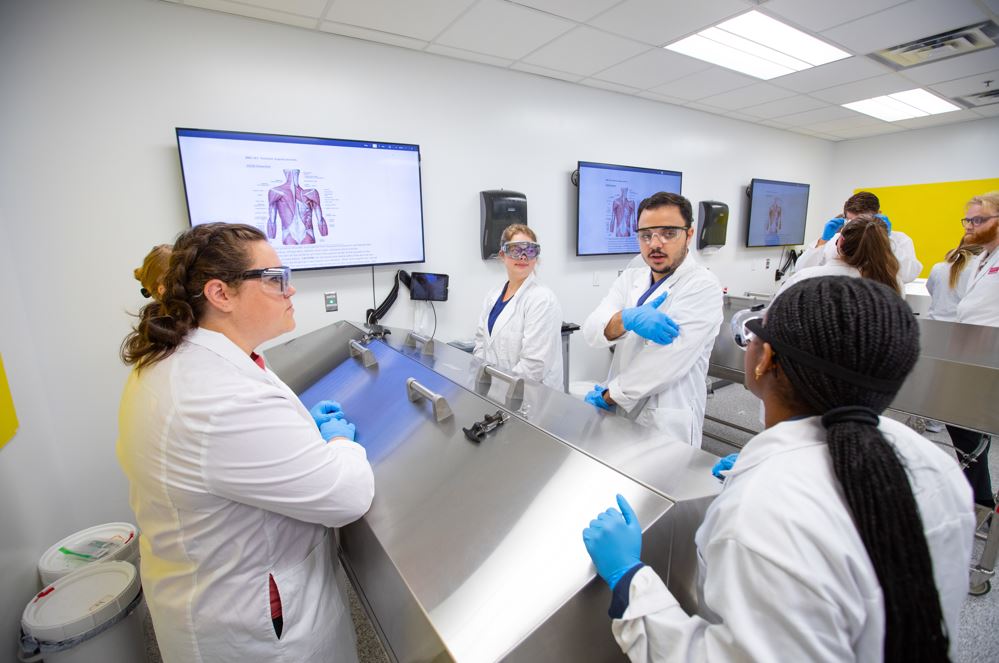Section 1: (Spring) Focus on funding opportunities at the National Science Foundation (NSF). Students gain ‘hands-on’ experience in proposal writing via six activities. Each activity involves guidance by the instructor via class discussions, use of rubrics tailored for this course, and peer review in class. Students will also meet with writing consultants from the Center for Communication Excellence (CCE). Students revise their assignment at each stage, before submitting the final product to the instructor for detailed feedback. Students are encouraged to work with their adviser in developing an NSF proposal during this course. The six activities comprise the major components of an NSF proposal. Ideally, students finish the course with a polished draft of an NSF proposal. To provide a model for success, the instructor works with students to secure a copy of an awarded proposal in their field.The topics include: 1) an overview of the NSF funding process; 2) finding funding; 3) developing a fundable idea; 4) generating specific aims for the proposal, with emphasis on hypothesis-driven research; 5) grantmanship concerning specific components of the proposal, e.g., the overview, significance, innovation, team context, and the approach. Students will also develop a budget, Budget Justification, Project Timeline, and Project Summary. They will consider use of graphics and develop a Broader Impacts section for their proposals. Students also meet with writing consultants from the Center for Communication Excellence (CCE) and are encouraged to work with their adviser in developing a proposal during this course.
Section 2: (Spring) Focus on funding opportunities for the disciplines in the arts, humanities and social sciences, including the Fulbright U.S. Student program. Students are encouraged to write their own proposal drafts if an opportunity is deemed to be a good fit for their current research and degree program. Students read and review grant proposals in mock panel review sessions to learn the review process firsthand and participate in in-class discussion and review of peer work. Comparable to Section 1, the course topics include: 1) an overview of the funding process; 2) finding funding; 3) developing a fundable idea; 4) generating research questions and specific aims for the proposal; 5) grantmanship concerning specific components of the proposal. Students develop a Budget, Budget Justification, Project Timeline, Logic Model, Dissemination Plan, and Project Summary and consider whether the use of graphics would be appropriate within the proposal. Students gain ‘hands-on’ experience in proposal writing via eight activities. Each activity involves guidance by the instructor via class discussions, use of rubrics, and peer review in class. Students revise their assignment at each stage, before submitting the final product to the instructor for detailed feedback. Students also meet with writing consultants from the Center for Communication Excellence (CCE) and are encouraged to work with their adviser in developing a proposal during this course.
Register for GR ST 569
